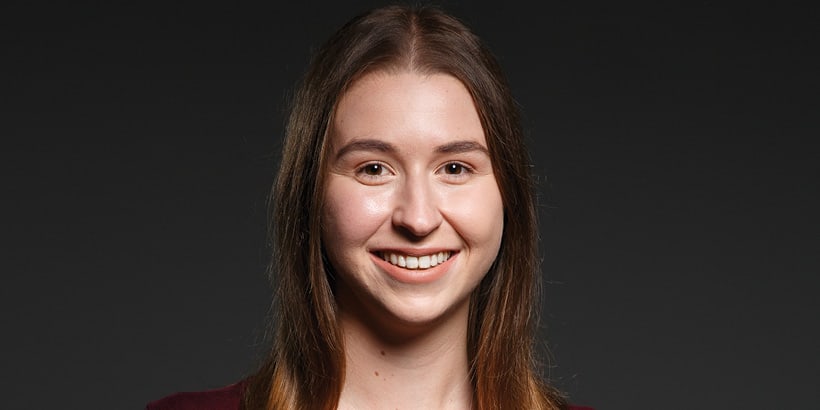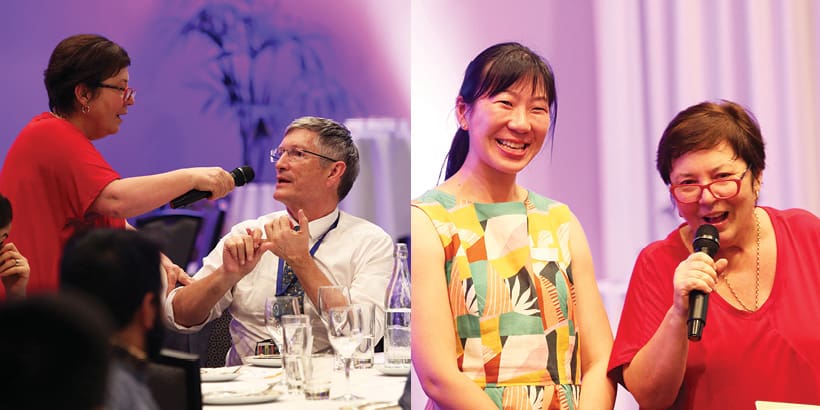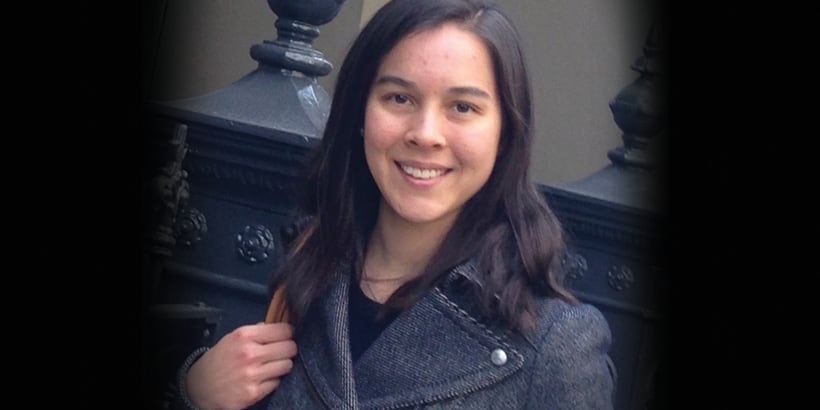
Mandatory Reporting Obligations
April 9, 2020
Healthy places, bodies, minds and culture
April 9, 2020CAREERS SERVICE
The NSW Doctor is showcasing the unique stories of doctors who have successfully used Careers Service to further their ambitions.
i am a critical care SRMO at St George hospital, and have an enthusiasm for learning, curiosity about people, and ability to create supportive and safe workplaces. I first worked with AMA (NSW)’s Medical Careers Service Manager, Anita Fletcher when she facilitated a tailored CV workshop for medical students at the University of New South Wales; since then I have consulted Careers Service for education and employment applications.
Why Pain Medicine?
I enjoy the focus on the whole person – applying the biopsychosocial model to identify what is happening within the patient’s body with complex neurophysiology and pharmacology, combined with the patient’s experience.
There are many pathways to a pain fellowship, but anaesthetics enables a broader scope of procedural and pharmacological interventions, and the ability to reduce patients’ suffering.
The spectrum of care provided by a specialist in pain medicine includes education – empowering medical professionals to understand and manage pain, directing a multidisciplinary team, offering evidence-based advice and practice with regard to medication and procedural interventions, the opportunity for research in a quickly growing area, and counselling patients and families.
Role models and mentors in pain medicine have solidified my specialty decision – a uniting trait amongst them being their generosity with their time. From medical school I have developed relationships with incredible doctors, who have both challenged and supported me. I was aware that many of my peers didn’t have the same opportunities, and I founded UNSW Women in Medicine, Women and Mentoring. This is in its third successful year, connecting >100 medical students with nurturing doctors. This have given me a new skill set – becoming familiar with ethical-legal parameters, collaborating with hospital boards, universities, lawyers, medical and business women, and coordinating busy doctors and medical students.
One day, I would like to establish a sustainable and comprehensive chronic pain service. It appeals to my interpersonal skills, love of logistics, and leadership.
Doctor Wellbeing
I am passionate about building a cohesive and sustainable medical community. My side hustle is doctors’ health and finding practical strategies that can be implemented in the workplace. This comes from my love of optimising, and (I will declare a conflict of interest here) being a personal trainer and spin class instructor. I’ve got a reputation for cajoling my teams to take the stairs, organising runs with colleagues, and spin classes with dieticians, nurses, hospital admin, and physicians.
I’ve organised “Shift Work Boot Camp – happy and healthy on the job” for colleagues in my network, at JMO teaching, ED education, and BPT training. This involved evaluating evidence-based strategies to maximise physical, psychological and social health for practicality in the hospital context; interviewing doctors, nurses, and paramedics on personal practices and tips for shift work; advice from an occupational physician; and applying my knowledge as a personal trainer. The health of doctors has been gaining traction and attention, with promising system changes being implemented by the AMA and specialty Colleges. We, as doctors, can also make small changes to improve and optimise our own health. Whatever career pathway we take, “I will attend to my own health, wellbeing, and abilities in order to provide care of the highest standard.” (Declaration of Geneva).

